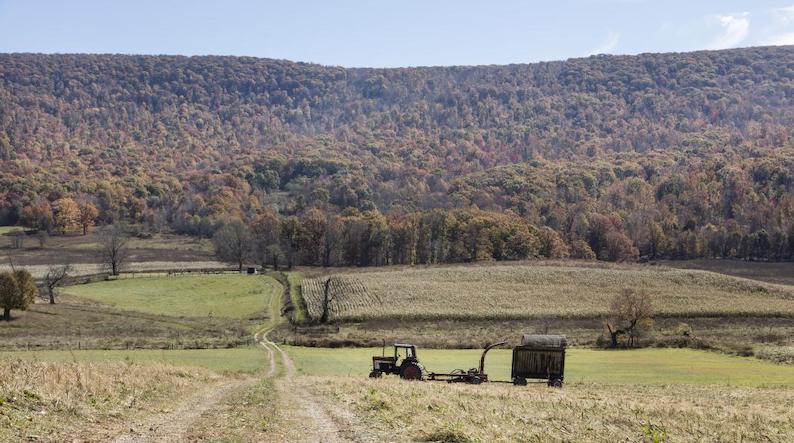Today marks one hundred and sixty years since my native West Virginia, with approval from Congress and President Lincoln, was officially admitted to the Union, becoming America’s thirty-fifth state.
When I first meet people and tell them I grew up in West Virginia, it is not uncommon for them to start singing “Take Me Home, Country Roads” on the spot. This always makes me smile because it reminds me of everything good about my roots. I especially developed an affection for the song when I went away to college out of state. Like every good West Virginian expatriate, I always played “Country Roads” as I crossed the state line driving home for holidays, and it never failed to rouse my heart.
Anyone who has heard the song will understand why we who grew up in those bucolic rolling hills and first learned to drive on those winding two-lane roads tend to get teary-eyed singing along with John Denver about going home, back to where we belong. And “Country Roads” is loved by more than just West Virginians. Indeed, it was a global hit when it was released in 1971 and remains popular today even with people who have never set foot in West Virginia.
It seems obvious to me why the song achieved and has maintained its privileged status. Its music is beautiful, to be sure. More than that, though, the lyrics speak to a deep longing in our hearts: a desire for a home. Who is unmoved by the thought of slipping off to a place of happy memories and simplicity where one is known and loved and likewise knows and loves in return? As Dorothy Gale put it in another cultural classic, “There’s no place like home.”
Yet there is a sober reality to be faced. Every home we have ever known has been, in some measure, imperfect and fraught with complications and disappointments. Houses burn down. Land is repossessed. Neighborhoods change. Families break up. Loved ones die. Some people have lived on the streets for their whole lives. Others have no family—none at all—to welcome them home.
To see how the joys of our earthly homes are laced with sorrows, look no further than the history of West Virginia Day. When that thirty-fifth star was added to the American Flag, the country was embroiled in a civil war that, when finished, claimed more American lives than any other of the nation’s wars before or since. When my beloved West Virginia was born, brother was fighting brother in a conflict that was all the more tragic because everybody was at home.
In the end, our longing for a home will never be satisfied here below. “For here we have no lasting city, but we seek the one that is to come” (Heb 13:14). Our homesickness runs deeper than the nostalgia to be back on familiar roads, to eat the foods we loved as children, or even to share the company of old friends and dear relatives. The fact is that we are all yearning and pining “for the courts of the Lord” (Ps 84:3). He alone is the stable refuge we desire.
Just before he died, Jesus explained that he was going to “the Father’s house” and that he would prepare a place for us there, adding, “I will come back again and take you to myself, so that where I am you also may be” (John 14:2–3). To be with the loving God who made, knows, loves, and sustains us—that is our true home.
West Virginia and all the other places we have ever fondly called home will always be nothing more than, as the song says, “almost heaven”—imperfect but true icons of the lasting dwelling place that we hope, by God’s grace, to inhabit for all eternity.
✠
Photo by Carol M. Highsmith







